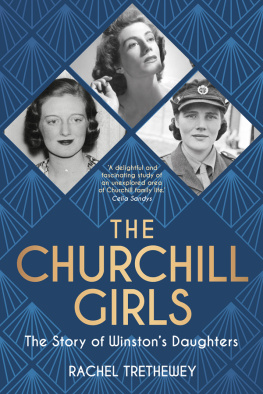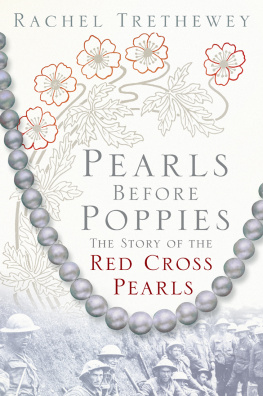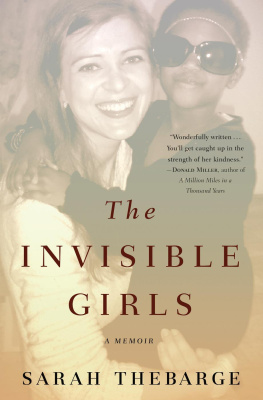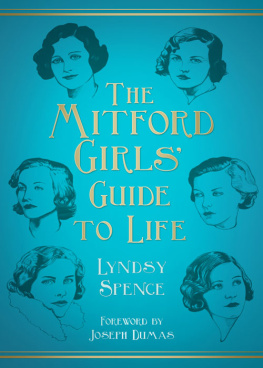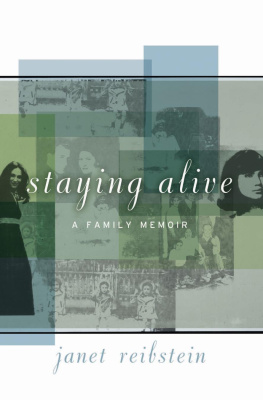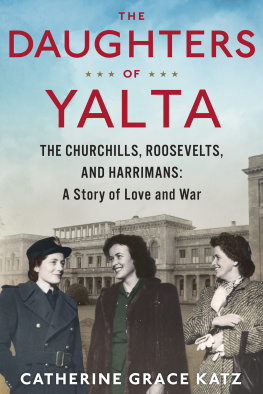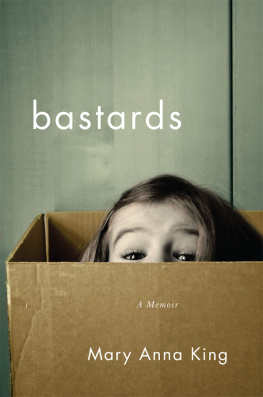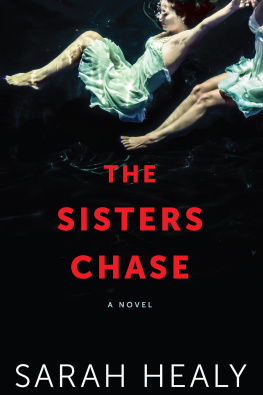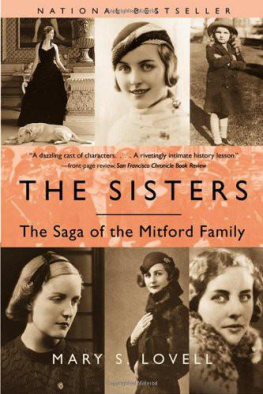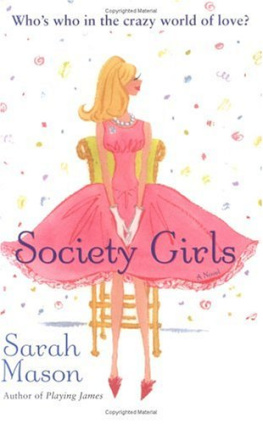Contents
Guide


To my sister, Becky, with love.
First published 2021
The History Press
97 St Georges Place, Cheltenham,
Gloucestershire, GL50 3QB
www.thehistorypress.co.uk
Rachel Trethewey, 2021
The right of Rachel Trethewey to be identified as the Author of this work has been asserted in accordance with the Copyright, Designs and Patents Act 1988.
All rights reserved. No part of this book may be reprinted or reproduced or utilised in any form or by any electronic, mechanical or other means, now known or hereafter invented, including photocopying and recording, or in any information storage or retrieval system, without the permission in writing from the Publishers.
British Library Cataloguing in Publication Data.
A catalogue record for this book is available from the British Library.
ISBN 978 0 7509 9706 5
Typesetting and origination by The History Press
Printed and bound in Great Britain by TJ Books Limited, Padstow, Cornwall.
eBook converted by Geethik Technologies


Contents

Introduction
Winston Churchill is portrayed as the man who stood alone against Nazi tyranny during the Second World War until the United States came to Britains aid. Yet in his private life, he was a world leader who never stood alone; by his side at many of the most crucial moments in the conflict was one or other of his devoted daughters. They were eyewitnesses at some of the most important events in world history: beside him at Tehran, Yalta and Potsdam and with him when he met Roosevelt, Stalin and de Gaulle.
Nor was this purely a wartime phenomenon. Throughout Winstons political career, he liked to keep his daughters close. When he was Chancellor of the Exchequer in the 1920s, his eldest daughter, Diana stood beside him outside No. 11 Downing Street before he presented his Budget. After the war, Sarah was his chosen companion on holidays to Italy, Morocco and the South of France, while Mary was there to support him at Chequers and Chartwell in his final years as prime minister.
Thousands of books have been written about Winston Churchill, but this is the first focussing on his four daughters: Diana, Sarah, Marigold and Mary. The Churchill Girls brings them out of the shadows to discover who they really were, and by telling their story adds to our understanding of the greatest Englishman. Looking at him from their perspective, we see him in a new light as not just a great war leader but a father.
Building on the now widely accepted argument that Churchill could not have achieved what he did without his wife, Clementine, my book shows that he also depended on his daughters. The women in his family worked as a team to help him fulfil his destiny. Clementine was the most important person in his life, but when she was unavailable, one of his daughters stepped in to support him. During the Second World War, as his health deteriorated, they acted as a human shield, travelling with him when he met world leaders and protecting him whenever necessary. Together, they helped to create the stable domestic life he needed to be able to fight on. In those crucial days, when the future of Britain hung in the balance, there were few people Winston could trust and his wife and daughters were among the faithful few he knew would never let him down. As the pressures mounted, Clementine also relied on her girls to give her the strength to keep calm and carry on.
Despite touching on the great events of history, this is not a story set on the battlefields or in Parliament. It is an intimate family saga, which gives a behind-the-scenes insight into the Churchillian world. It recreates the atmosphere of what it was like to live in one of the most powerful families in England at a pivotal period in our history, and while there is plenty of country-house colour, this is far from a superficial chronicle of upper-class life. The Churchill girls were never just social butterflies and from an early age they were motivated by a profound sense of duty.
Drawing on hundreds of previously unpublished family letters, including those from the recently opened Soames archives, this book delves into the complex dynamics of the family.
Churchills relationships with his daughters are a fundamental part of the story, but they are only one aspect of a multifaceted narrative. Clementines relationships with her daughters and their interactions with each other lie at the heart of it. The way one personality played off another shaped the people they became. Bright, attractive and well connected, in any other family the girls would have shone. But they were not in another family, they were Churchills and neither they nor anyone else could ever forget it.
The girls were born into a cast of larger-than-life personalities. It was their fate to be overshadowed and it was not just their famous father who expected to take centre stage; there were plenty of other flamboyant characters waiting in the wings. Their only brother, Randolph, was next in the pecking order. At first, he was the golden boy, then the enfant terrible who undermined family peace with his erratic behaviour. Even their more distant relatives stole the limelight; who could compete with their glamorous cousins, the Mitford girls?
In fact, the Churchill girls could and did. Their lives were just as full of drama, passion and tragedy as their Mitford rivals. There was an elopement, affairs with powerful characters and a series of suicides. It is a story of extremes which takes the reader from Hollywood to Holloway Prison, from the peaks of power to the depths of despair.
Theirs was a double-edged sword. Being Winstons daughters opened up a world of privilege and opportunity, but it also raised expectations. Their positions as handmaids to the great man were the easy part of their role; establishing meaningful lives of their own away from their charismatic clan was harder. Sadly, Marigold died too young to achieve her potential, but Diana, Sarah and Mary coped in very different ways with the demands of living up to their famous name.
Like so many women of their generation, their lives were limited by their gender. Until his daughters sterling war work changed his attitude, Winston had a Victorian view of womens roles; they were expected to be dutiful wives and mothers. Their brother Randolph, purely because he was male, was treated as the star. Arguably, the girls had greater potential, which they fought in varying degrees to fulfil.
Although Diana was very political, she chose a traditionally female role, acting as a supporter of first her father and then her husband. She only found her true vocation at the end of her life. Similarly, after a brilliant wartime career, Mary put her family first. It was only in later life that she became a public figure in her own right. In contrast, Sarah was the least conventional of her sisters and always the rebel. She became an actress and pursued her career in America. It was not an easy choice, but as she wrote to her father, I have in me, as strong an instinct, as most women (as Mary for instance) as powerful an instinct to be alone and free, as they have to find a true mate and found a family.

